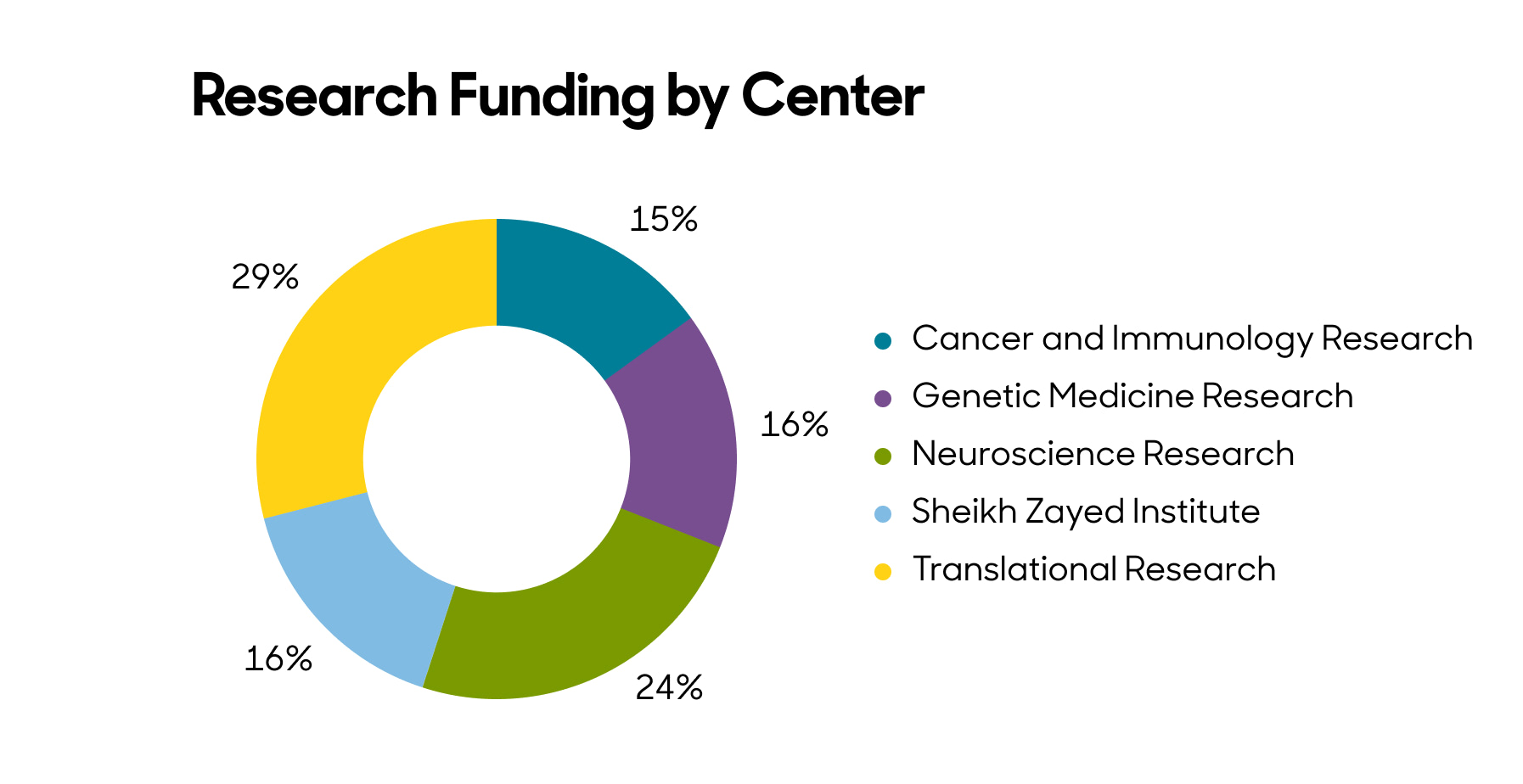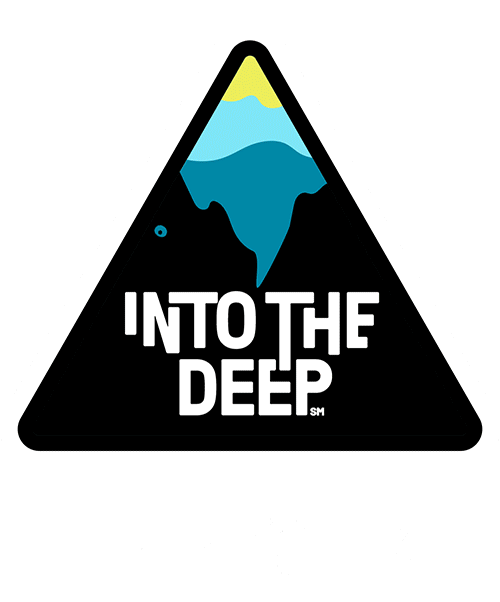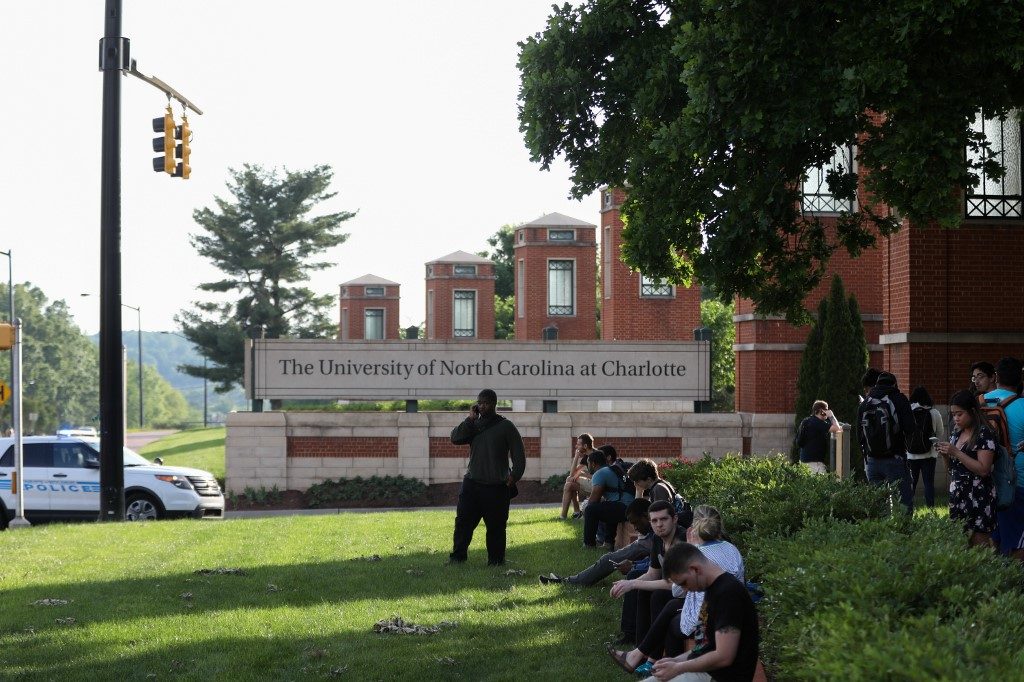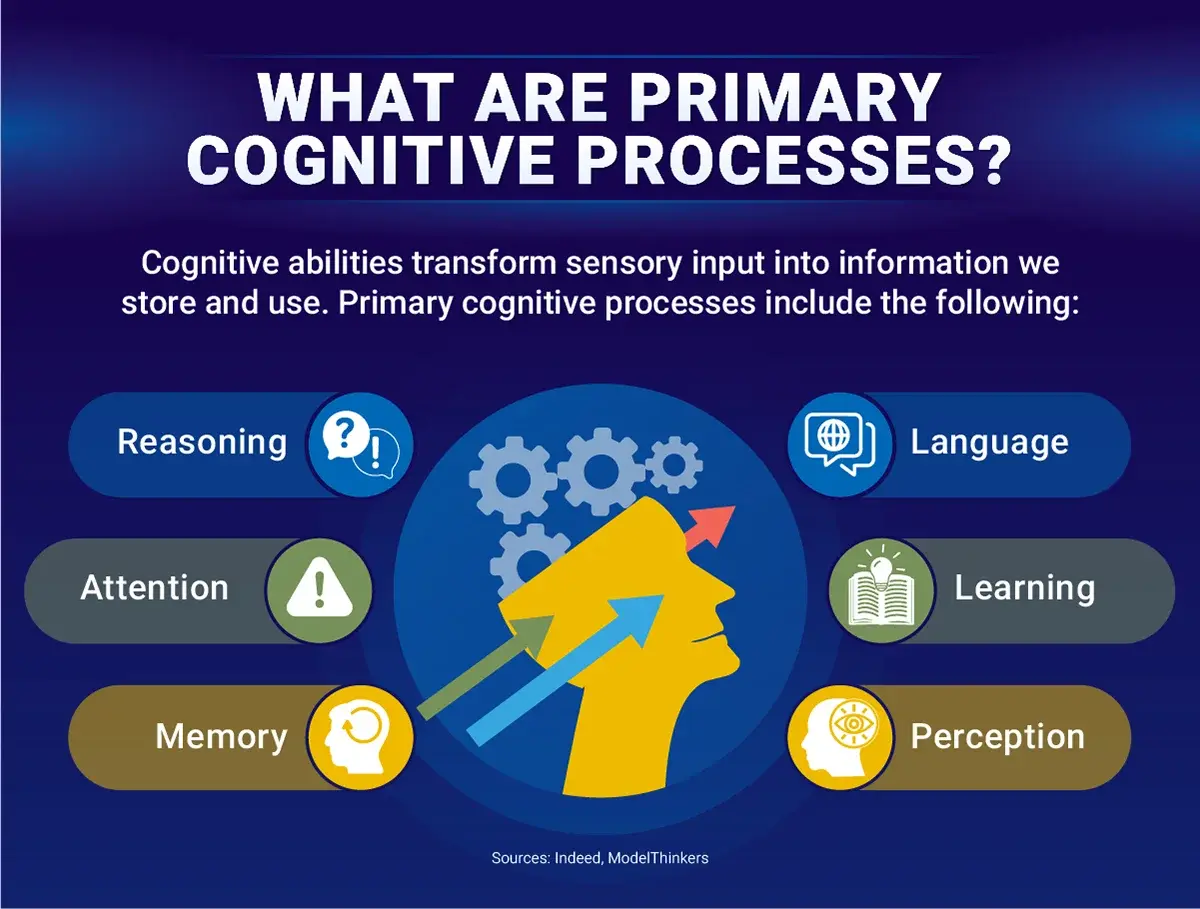US Research Funding Cuts Spark International Talent Grab

Table of Contents
The Shrinking Pie: Reasons Behind US Research Funding Cuts
The decrease in US research funding is a multifaceted problem stemming from several interconnected factors. Understanding these root causes is crucial to addressing the resulting international talent grab.
Budgetary Constraints and Competing Priorities
Federal funding for scientific research is facing intense competition from other pressing national priorities. The allocation of resources is a zero-sum game, and increases in one area often mean cuts in another.
- Increased military spending: A significant portion of the federal budget is dedicated to defense, leaving less for scientific research.
- Healthcare costs: The rising costs associated with healthcare consume a large chunk of the national budget, impacting funding for other sectors.
- Political influence: Lobbying efforts by various interest groups can significantly influence funding decisions, often favoring projects with immediate, visible benefits over long-term research investments.
- Inflation's impact: The erosion of purchasing power due to inflation further reduces the real value of research budgets.
Inefficient Funding Mechanisms
The current grant application and review process within the US is often criticized for its inefficiencies and complexities. This bureaucratic burden discourages many researchers, contributing to the international talent grab.
- Excessive bureaucracy: The application process itself is often lengthy and cumbersome, requiring extensive documentation and multiple rounds of review.
- Long processing times: Delays in grant awards can significantly impact research progress and hinder researchers' productivity.
- Lack of transparency: The lack of transparency in funding decisions can breed distrust and discourage researchers from applying.
Shifting Political Priorities
Changes in political priorities and public perception of science have also contributed to funding cuts. Certain areas of research may face disproportionate cuts depending on prevailing political ideologies.
- Research areas facing cuts: Basic research, which underpins many technological advancements, often suffers from reduced funding compared to more applied or immediately profitable research.
- Lobbying groups' influence: Well-funded lobbying groups can influence the allocation of resources, sometimes prioritizing research areas aligned with their interests.
- Public perception of science: Public skepticism or distrust of science, often fueled by misinformation, can lead to reduced political support for research funding.
The Global Scramble: Countries Benefiting from the Brain Drain
The reduction in US research funding has created a global competition for top scientific talent. Many countries are actively recruiting researchers and scientists leaving the US, exacerbating the international talent grab.
Europe's Growing Research Infrastructure
European nations have significantly invested in their research infrastructures, making them attractive destinations for American scientists.
- Germany's Max Planck Society: This renowned research organization offers excellent resources and opportunities for scientists across various disciplines.
- UK's research councils: The UK government provides substantial funding to various research councils, creating a competitive environment for researchers.
- France's CNRS: The Centre national de la recherche scientifique (CNRS) is one of the largest research organizations in Europe, offering numerous opportunities for scientists.
Asia's Rise as a Scientific Powerhouse
Asian countries are rapidly emerging as scientific powerhouses, offering lucrative salaries, state-of-the-art facilities, and promising research environments.
- China's investment in science and technology: China's substantial investment in R&D has created numerous opportunities for scientists, particularly in emerging technologies.
- Japan's focus on innovation: Japan consistently ranks high in global innovation indices, offering attractive research opportunities and a strong scientific community.
- South Korea's emphasis on STEM education: South Korea's commitment to STEM education and its strong technological industries make it a desirable location for scientists.
Canada and Australia's Competitive Advantage
Canada and Australia offer a high quality of life, attractive immigration policies, and a supportive research environment, making them competitive destinations for American scientists.
- Canada's immigration policies: Canada's welcoming immigration policies make it easier for international scientists to relocate and establish their careers.
- Australia's robust research sector: Australia's investment in research and development has created a thriving research sector, attracting talented scientists globally.
- High quality of life: Both countries offer a high quality of life, attracting individuals seeking a better work-life balance.
Long-Term Consequences for US Scientific Leadership
The ongoing international talent grab poses severe long-term consequences for the US scientific leadership and its global competitiveness.
Loss of Innovation and Competitiveness
The exodus of scientists will undoubtedly hinder innovation and technological advancement within the US, impacting economic growth and global competitiveness.
- Impact on specific industries: Industries reliant on scientific breakthroughs, such as biotechnology, pharmaceuticals, and information technology, will be particularly affected.
- Loss of intellectual property: The departure of scientists can result in the loss of valuable intellectual property and expertise to competing nations.
- Decreased international influence: A decline in US scientific leadership could diminish its influence in setting global research agendas and shaping international collaborations.
Weakening of the US Research Ecosystem
The brain drain will weaken the entire US research ecosystem, impacting education, training, and future scientific workforce development.
- Impact on universities: Universities will struggle to attract and retain top faculty, potentially reducing the quality of education and research.
- Decreased student enrollment in STEM fields: The exodus of scientists could discourage younger generations from pursuing careers in science, technology, engineering, and mathematics (STEM).
- Long-term effects on national security: A weakened scientific and technological base could compromise national security in the long term.
Potential Solutions and Policy Recommendations
Addressing the international talent grab requires a multi-pronged approach involving increased funding, improved funding mechanisms, and a renewed commitment to scientific research.
- Increased research funding: Significant and sustained increases in federal funding for scientific research are essential to reverse the current trend.
- Streamlining the grant application process: Simplifying and streamlining the grant application process will reduce bureaucratic burdens and encourage more researchers to apply for funding.
- Fostering collaboration: Stronger collaboration between government agencies, universities, and private industry is needed to create a more efficient and effective research ecosystem.
Conclusion: Addressing the International Talent Grab
The ongoing international talent grab is a serious threat to the US's scientific leadership. The combination of budgetary constraints, inefficient funding mechanisms, and shifting political priorities has created an environment where top scientific talent is increasingly seeking opportunities elsewhere. The long-term consequences for innovation, economic competitiveness, and national security are significant. We must act now to reverse this trend. Learn more about how you can support increased funding for US research and help prevent further losses in our scientific leadership by visiting [link to relevant organization].

Featured Posts
-
 Open Ais Chat Gpt Under Ftc Scrutiny A Deep Dive Into The Investigation
Apr 29, 2025
Open Ais Chat Gpt Under Ftc Scrutiny A Deep Dive Into The Investigation
Apr 29, 2025 -
 North Korea Sends Troops To Russia For Ukraine War Implications And Analysis
Apr 29, 2025
North Korea Sends Troops To Russia For Ukraine War Implications And Analysis
Apr 29, 2025 -
 The China Market Navigating Challenges For Bmw Porsche And Competitors
Apr 29, 2025
The China Market Navigating Challenges For Bmw Porsche And Competitors
Apr 29, 2025 -
 Trumps Tax Bill Republican Opposition And Potential Roadblocks
Apr 29, 2025
Trumps Tax Bill Republican Opposition And Potential Roadblocks
Apr 29, 2025 -
 Has Mets Pitcher Shown Enough For A Rotation Spot
Apr 29, 2025
Has Mets Pitcher Shown Enough For A Rotation Spot
Apr 29, 2025
Latest Posts
-
 Is Ai Truly Thinking Examining The Cognitive Processes Of Artificial Intelligence
Apr 29, 2025
Is Ai Truly Thinking Examining The Cognitive Processes Of Artificial Intelligence
Apr 29, 2025 -
 One Dead Six Injured In North Carolina University Shooting
Apr 29, 2025
One Dead Six Injured In North Carolina University Shooting
Apr 29, 2025 -
 Georgia Deputies Shot During Traffic Stop One Killed Another Injured
Apr 29, 2025
Georgia Deputies Shot During Traffic Stop One Killed Another Injured
Apr 29, 2025 -
 The Surprising Simplicity Of Ai Thinking An Analysis Of Current Ai Systems
Apr 29, 2025
The Surprising Simplicity Of Ai Thinking An Analysis Of Current Ai Systems
Apr 29, 2025 -
 Ais Limited Thinking A Realistic Assessment Of Artificial Intelligences Cognitive Abilities
Apr 29, 2025
Ais Limited Thinking A Realistic Assessment Of Artificial Intelligences Cognitive Abilities
Apr 29, 2025
